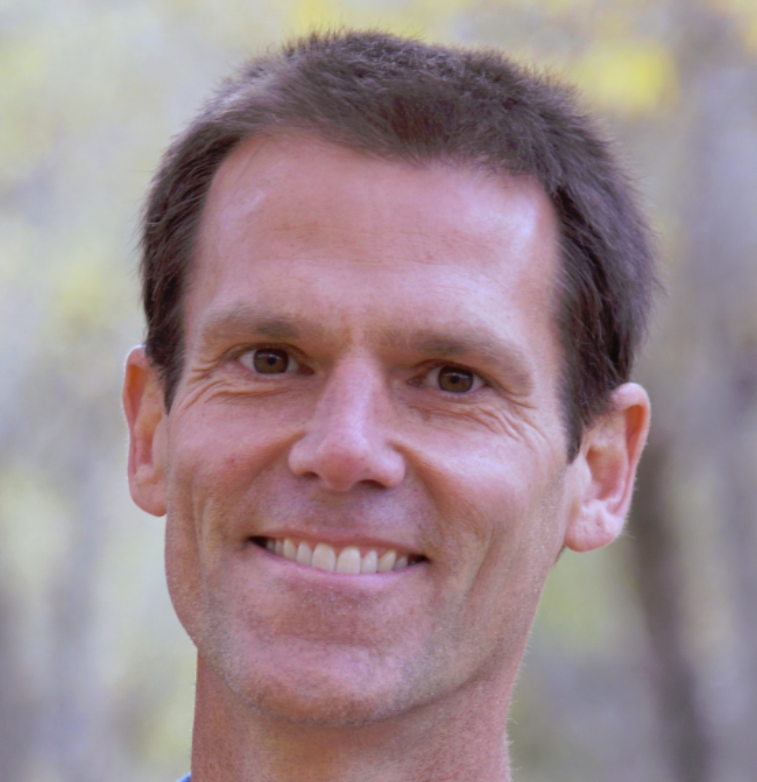Just what is a Naturopathic Doctor?
You may have noticed that there is an ND after my name and not an MD. The ND stands for Naturopathic Doctor. I’m often asked what kind of doctor a Naturopath is, so here is an explanation.
Naturopaths: The Doctors of the Future
After being shuttled in and out of a doctor’s appointment in less than 10 minutes, you might have wished for something better. You may have also wished that your doctor could not only prescribe the drugs you need, but also talk to you about what you can do to heal yourself using diet, nutrition, herbs, vitamins, and homeopathy, or other natural healing methods.
Maybe, you think as I do: the doctor of the future will have a more balanced approach and be your partner in health.
The doctor of the future is already here. Naturopathic Doctors (NDs), who have attended licensed naturopathic colleges, have an understanding of both standard medical practice and natural healing methods. NDs are doctors who are trained very similarly to medical doctors, but who have an entirely different approach to health and healing that recognizes the self-healing potential inside all of us. Naturopaths have the ability to help you decide between either medical or natural healing choices, depending on your situation. Naturopaths work to uncover the root cause of the disease and not simply mask the problem by making symptoms go away with drug therapy.
Naturopaths recognize that there are many routes to health including exercise, diet, digestion, and elimination and they use natural healing methods such as herbs, vitamins, homeopathy, nutrition and much more. In short, naturopathic doctors treat the whole person. Naturopathic doctors take the time to educate the patient both on their disease and on ways to become healthier. They recognize that preventing diseases is often much easier than treating them.
While there currently aren’t many naturopaths, their numbers are growing. The licensing of Naturopaths is different in each state so they may not be able to prescribe drugs or perform certain procedures depending on which state you are in.
Licensing
In states where we are licensed, Naturopaths are considered primary care physicians. This means that we have similar rights and responsibilities as do medical doctors. Naturopaths have to sit and pass a medical board exam and fulfill continuing education requirements to maintain their license.
Each state’s license differs, but in general, Naturopaths can:
- Diagnose and treat patients
- Perform a wide variety of medical procedures including: blood draws, pap smears, minor surgery, etc…
- Prescribe certain drugs. For example: the law in Oregon states that a Naturopath can prescribe any drug of natural origin (there are over 800 drugs in the Oregon formulary, see the Oregon Board of Naturopathic Examiner’s).
- Order diagnostic tests.
Naturopathic practice is guided by six principles:
The healing power of nature – vis medicatrix naturae
The body has the inherent ability to establish, maintain, and restore health. The healing process is ordered and intelligent; nature heals through the response of the life force. The physician’s role is to facilitate and augment this process, to identify and remove obstacles to health and recovery, and to support the creation of a healthy internal and external environment.
Identify and treat the cause – tolle causam
Illness does not occur without cause. Underlying causes of disease must be discovered and removed or treated before a person can recover completely from illness. Symptoms are expressions of the body’s attempt to heal, but are not the cause of disease; therefore, naturopathic medicine addresses itself primarily to the underlying causes of disease, rather than to the symptoms. Causes may occur on many levels, including physical, mental-emotional, and spiritual. The physician must evaluate fundamental underlying causes on all levels, directing treatment at root causes as well as seeking relief of symptoms.
First do no harm – primum no nocere
The process of healing includes the generation of symptoms, which are, in fact, expressions of the life force attempting to heal itself. Therapeutic actions should be complementary to and synergistic with this healing process. The physician’s actions can support or antagonize the actions of vis medicatrix naturae; therefore, methods designed to suppress symptoms without removing underlying causes are considered harmful and are avoided or minimized.
Treat the whole person — in perturbato animo sicut in corpore sanitas esse non potest
Health and disease are conditions of the whole organism, involving a complex interaction of physical, spiritual, mental, emotional, genetic, environmental, and social factors. The physician must treat the whole person by taking all of these factors into account. The harmonious functioning of all aspects of the individual is essential to recovery from and prevention of disease, and requires a personalized and comprehensive approach to diagnosis and treatment.
The physician as teacher — docere
Beyond an accurate diagnosis and appropriate prescription, the physician must work to create a healthy, sensitive interpersonal relationship with the patient. A cooperative doctor-patient relationship has inherent therapeutic value. The physician’s major role is to educate and encourage the patient to take responsibility for his or her own health. The physician is a catalyst for healthful change, empowering and motivating the patient to assume responsibility. It is the patient, not the doctor, who ultimately creates or accomplishes healing. The physician must strive to inspire hope as well as understanding. The physician must also make a commitment to her/his personal and spiritual development.
Prevention – principiis obsta: sero medicina curatur
The ultimate goal of naturopathic medicine is prevention. This is accomplished through education and promotion of lifestyle habits that foster good health. The physician assesses risk factors and hereditary susceptibility to disease and makes appropriate interventions to avoid further harm and risk to the patient. The emphasis is on building health rather than on fighting disease. Because it is difficult to be healthy in an unhealthy world, it is the responsibility of both physician and patient to create a healthier environment in which to live.
For more information:










Can you recommend any docs or nutritionists in the Atlanta, Ga area who could help me with this? I’m a vegetarian and I’m lost. I’m also a total sugar addict. I have Hashimotos, no colon (I have a rectum), I had Epststein-Barr (and all the repercussions), chronic-fatigue, and chronic pain. Basically, when I had the EB 8 years ago my life literally ended. I feel intuitively that this is right for me, but I need help. Thanks!
Stephanie,
I would suggest that you check out the American Association of Naturopathic Physicians, they have a search that you can use here: Doctor Search. I don’t know where you are located in Atlanta, but I would suggest Bradley Bongiovanni: 3502 Old Milton Pkwy
Alpharetta, GA 30005. His phone number is: 678-879-4242.
Best of luck.
Dr. Scott
Hi Doctor Scott,
I was wondering how I could make my stomach flatter.
Is there any specific workout or diet to do so?
Thanks
Sara
Sara,
We all store fat in different areas of our bodies and it sounds like you keep yours in your belly. As you lose weight, it should go. Yes, exercises (such as situps or crunches) will help tone and help your belly look better but a good exercise program should also help.
Are you sure, by the way, it is not bloating? Often when we eat sugars and foods that act like sugars we produce too much gas and this makes our stomach look large. The 30 Days program should help and you can stay away from dairy foods as well.
Scott
Dear Dr. Scott: I am battling lyme disease and I take 2 strong antibiotics a day, this has been on and off for several years now. I take 4 acidophilus a day. What other supplements would you suggest. I started the sugar free 30 day challenge, and also ordered your book, sugarettes. My autonomic system is severely affected with orthostatic hypotension, bladder issues and rem disorder. Any suggestions on supplements? Thank you Sharon
Sharon,
It sounds like you are doing the exact right thing. Continue the probiotics and the 30 day challenge should help a lot. When you start eating what your body needs then your body starts to work better and you should see improvement in your symptoms.
Scott
Hi Doctor Scott,
My question to you is how to getrid of farting?
Thanks and have a great day!
Hala
Hi Hala,
Getting rid of sugars and foods that act like sugars goes a long way to reducing gas. Most of the gas your body produces comes from bacteria that are fermenting the sugars that you cannot digest. Reducing or eliminating those sugars helps solve the problem. You can also consider a digestive enzyme and good bacteria (probiotics).
Hope that helps!
Scott